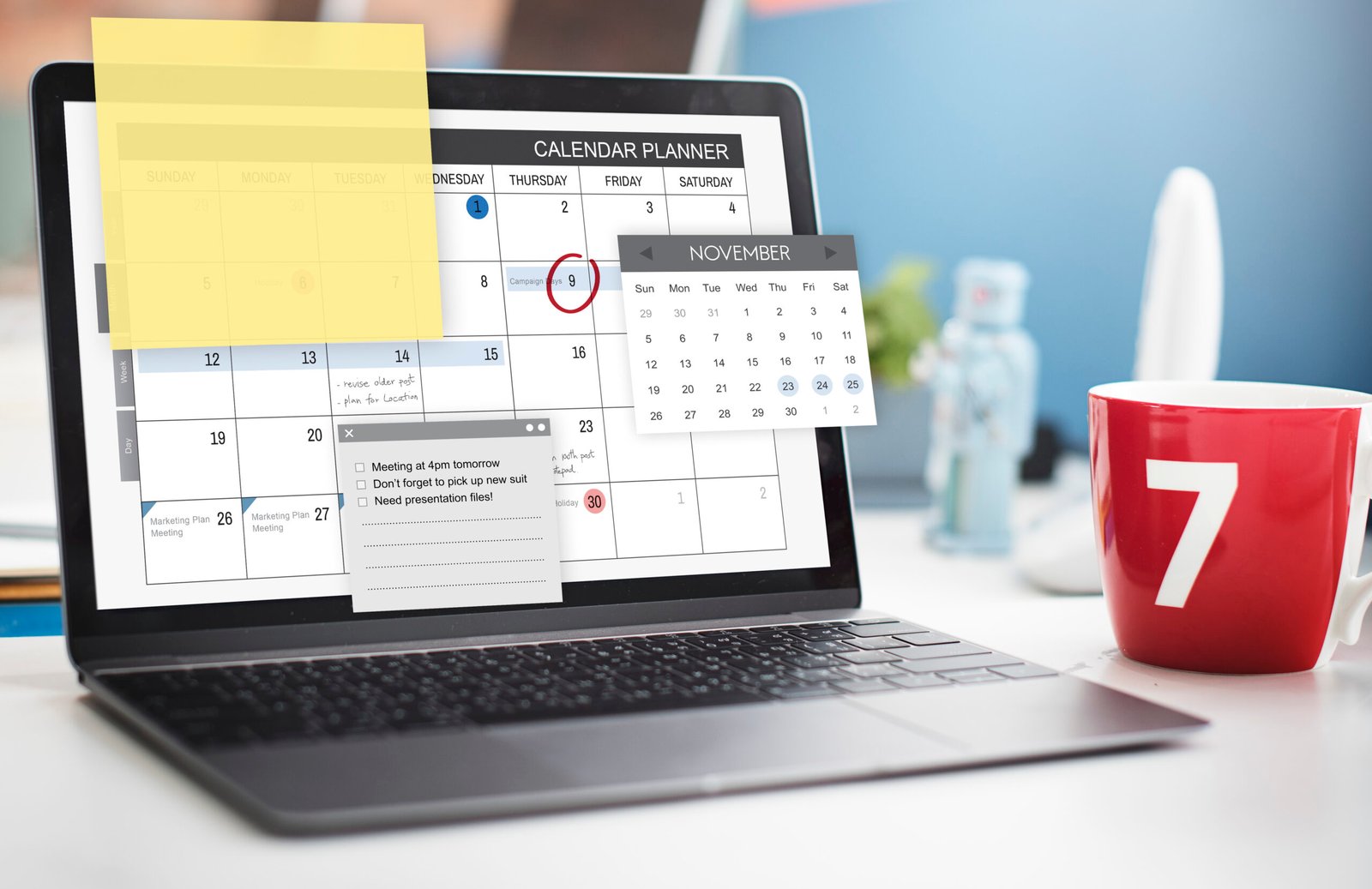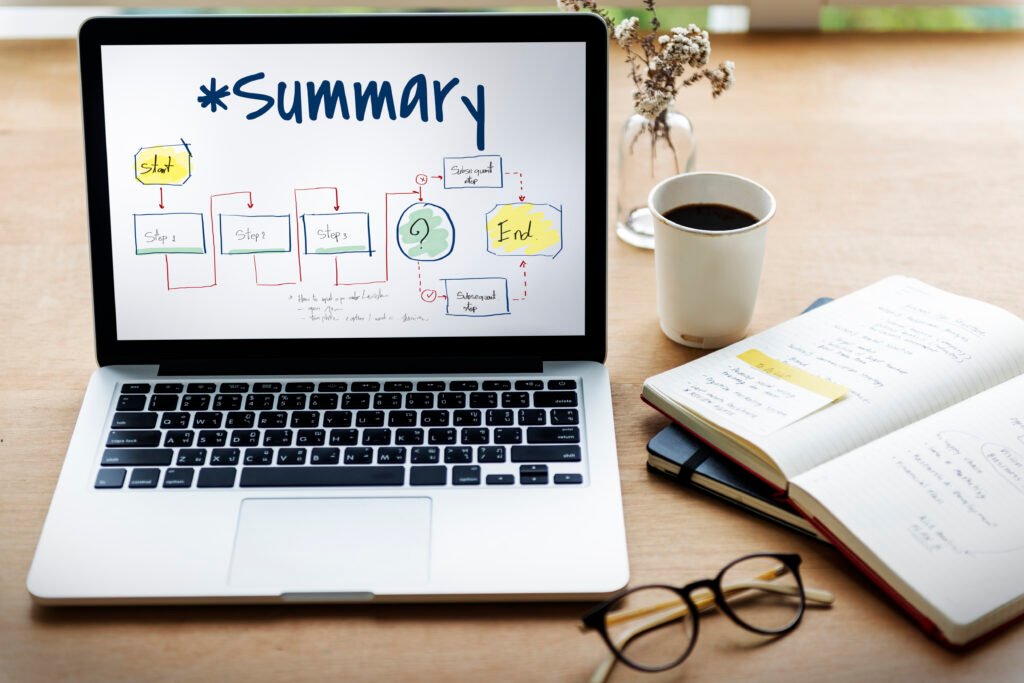Currently Empty: $0.00
virtual assistant
How to Ask for Secure Access to Your Client’s Inbox & Calendar as a Professional Virtual Assistant

Virtual assistants are often hired to tame overflowing inboxes, schedule meetings, or coordinate travel. To do these jobs well, you need access to your client’s email, calendar, and other private systems. Asking for that access, however, can be sensitive: you must balance efficiency with security and respect for your client’s trust. The following guide explains how to professionally request access to clients’ email and calendars while keeping their data safe. It draws on legal advice and industry best practices, and uses proven techniques that can help your blog rank well on search engines.
1 Understand why secure access matters
Client data, including appointment history, customer lists, draft marketing campaigns, and financial information, is confidential. According to legal experts, many virtual assistants handle sensitive materials such as internal documents, passwords, contact lists, and business strategies. To protect this information, most professional VAs sign a non‑disclosure agreement (NDA). NDAs create clear boundaries, build trust, and safeguard both parties. Even simple tasks like viewing a calendar involve private data, so you should assume confidentiality applies.
Why NDAs are important
- Protects confidential information: NDAs prevent the disclosure of client data such as customer lists and internal systems.
- Builds trust: Asking a client to sign or provide an NDA signals that you take their privacy seriously. It also protects your workflows so clients cannot claim ownership of your methods.
- Clarifies expectations: A good NDA defines what counts as confidential information, the duration of confidentiality, and what happens in case of a breach. Carefully read NDAs to avoid clauses that unnecessarily transfer ownership of your work.
Before asking for access to any system, propose a mutual NDA. Doing so sets the tone for a professional relationship and reassures clients that their data will be protected.
2 Discuss tasks, boundaries, and privacy upfront
Secure access is not just about tools; it begins with clear communication. Trusted VAs should meet with the client to review the types of information they will handle and set expectations for data protection. Business consultant Emma Read advises discussing sensitive information and your expectations regarding its handling before you begin working together. Ask the client about any legal or regulatory requirements, such as GDPR or HIPAA, and highlight your commitments to data protection.
During this conversation:
- List the tasks you will perform that require calendar or inbox access, e.g., scheduling meetings, filtering emails, responding to customer inquiries, or managing travel.
- Agree on boundaries: Many clients start by delegating simple tasks while they build trust. The Boldly team notes that you shouldn’t give an executive assistant full inbox access if you’re still building trust or handling highly sensitive information. Start with limited access and expand it as your relationship deepens.
- Confirm permission levels: Ask the client to grant you only the access you need. Role‑based permissions in tools like Microsoft Outlook let clients define whether you can only view (Reviewer), create items (Author), or manage and send emails (Editor).

3 Use built‑in delegation rather than passwords
Never ask clients to send you their email or calendar passwords. Modern platforms let them delegate control without sharing credentials, so you can work efficiently, and they maintain full control.
Gmail delegation
Gmail’s “Grant Access” feature allows account owners to add a delegate who can read and send messages without seeing the password. To enable it, clients log in, open Settings → Accounts and Import → Grant access to your account, click Add another account, and enter the delegate’s email. The delegate receives an invitation and, once accepted, can read, sort, archive, or send emails on the client’s behalf. Importantly, delegates cannot change passwords or access personal settings. This method lets you manage inboxes while the client retains control.
Outlook delegate access
Microsoft Outlook offers “Delegate Access,” which allows someone to manage emails and calendars securely. Clients can add a delegate through File → Account Settings → Delegate Access, choose your name, and assign permission levels (Reviewer, Author, or Editor). Editors can schedule meetings, respond to invitations, and send emails on behalf of the owner. Delegation streamlines scheduling in professional settings; it allows you to act on behalf of executives without needing their passwords.
Calendar sharing
For calendar-only access, clients can use the “Share calendar” feature in Google Calendar or Outlook. They can choose whether you can view availability, edit events, or manage invitations. Encourage clients to share only the necessary permissions, perhaps read‑only at first, and to revoke access when the project ends. This limited sharing builds confidence and makes it easier for clients to trust you with greater access later.
4. Recommend secure tools for other access
When you need to log in to social media, CRM, or project‑management platforms, suggest using password managers rather than sending credentials by email. These tools store encrypted passwords and allow owners to grant access without revealing the actual password. Security consultant Gina Horkey recommends LastPass, 1Password, or Dashlane because they let clients send a “virtual key”; the assistant can log in but never sees the password, and the owner can revoke access at any time. These managers also generate strong, unique passwords that are difficult to crack.
Additionally, encourage clients to:
- Set you up with a separate user account on their software so you can’t modify critical settings.
- Use two‑factor authentication (2FA) for all logins. 2FA requires a second verification, such as a code sent to a mobile device, which dramatically reduces the risk of unauthorized access.
- Use secure file‑sharing services like Google Drive, Dropbox, or Box, which offer encryption, version control, and user permissions. File‑sharing tools centralize data and allow the client to see who accesses and edits documents.
5 Follow data protection best practices
Professionalism doesn’t stop at obtaining access; you must handle data responsibly throughout the relationship. Follow these best practices from industry leaders:
- Access control: Give each virtual assistant their account and grant only the permissions they need. Limit access to sensitive data and regularly review permissions.
- Secure communication: Keep all discussions and file transfers on company‑approved, encrypted communication platforms. Avoid sending passwords or sensitive data through unsecured channels like plain email or instant messaging.
- Password management and 2FA: Use strong, unique passwords and password managers. Set up two‑factor authentication for all critical accounts.
- Sign confidentiality agreements: Provide or sign NDAs before receiving sensitive information. NDAs should specify that you will protect data, refrain from sharing it, and detail penalties for breaches.
- Regular audits and training: Virtual assistant companies like InboxDone recommend regular security training, role‑based access control, and twice‑yearly audits to maintain compliance and spot vulnerabilities. Even independent VAs should review their security practices and update them as threats evolve.
- Offboard responsibly: When the project ends, revoke access to all company resources, deactivate your account, and ensure company data is returned or deleted from personal devices. Proper offboarding demonstrates professionalism and protects your client’s data.
6 Craft your request professionally
Once you’ve prepared your security plan and discussed boundaries, you’re ready to ask for access. Here’s a template you can adapt:
Subject: Secure Access Request for Email & Calendar Management
Hi [Client Name],
I’m excited to help you manage your inbox and schedule. To do this efficiently, I’ll need delegated access to your email and calendar. I suggest using built‑in delegation features (e.g., Gmail’s “Grant Access” or Outlook’s “Delegate Access”) so you never share your password and can control my permissions. If you prefer, we can also use a password manager such as LastPass to share login credentials securely.
I have attached a mutual NDA for our records. Please feel free to review it or provide your own; I’m happy to sign any confidentiality documents you require.
Let me know when you’re ready to set up access, and I will walk you through the steps.
Thank you for trusting me with your business!
Best,
[Your Name]
This approach shows that you respect the client’s privacy, understand the tools involved, and have thought about security. It also reassures them by offering to sign an NDA and by suggesting built‑in delegation rather than requesting passwords.
7 Conclusion: Build trust through security and professionalism
Being entrusted with a client’s inbox or calendar is a privilege. Always remember that you’re dealing with confidential data, and act accordingly. Establishing a mutual NDA protects both of you; clear communication sets expectations; built‑in delegation and password managers allow secure access without sharing credentials; and following best practices for data protection demonstrates professionalism. By taking these steps, you’ll not only gain the access you need to perform your duties, but you’ll also build a reputation as a trustworthy virtual assistant, which is the foundation of long‑term client relationships.
